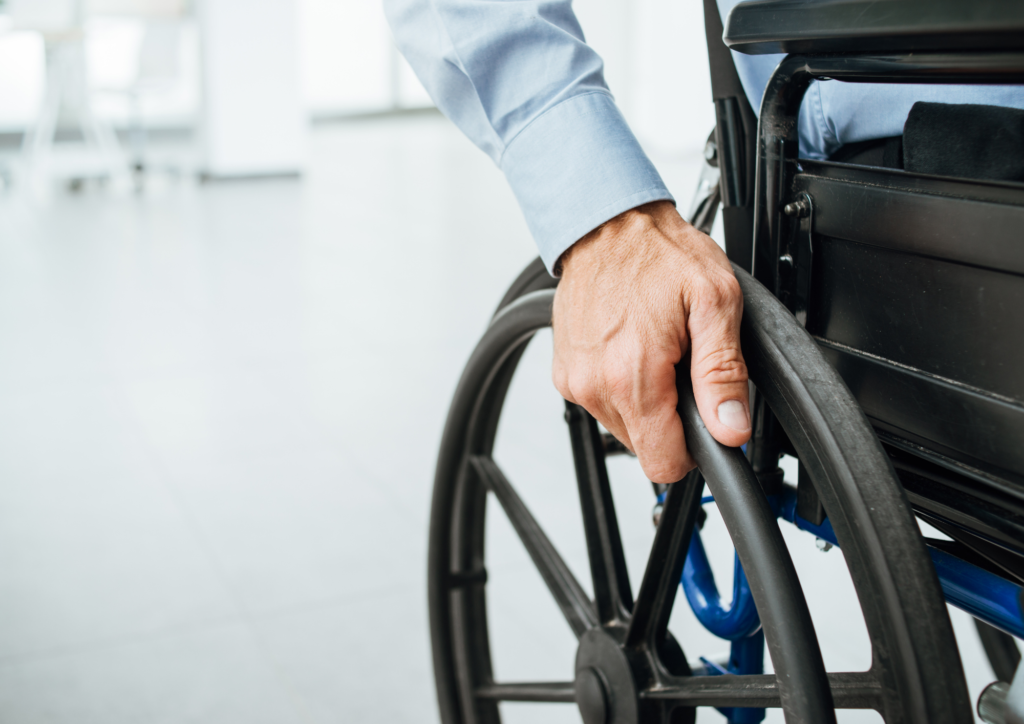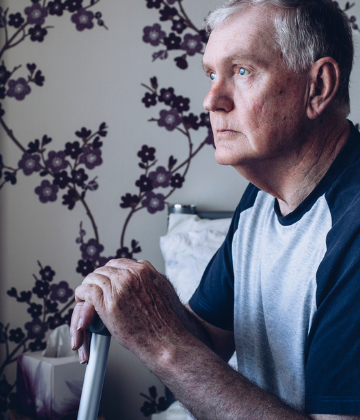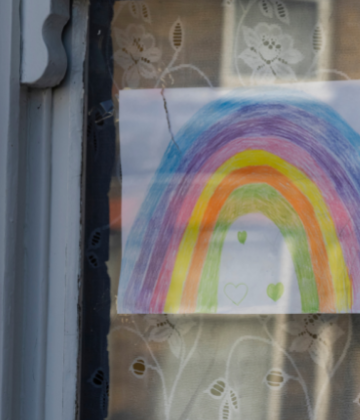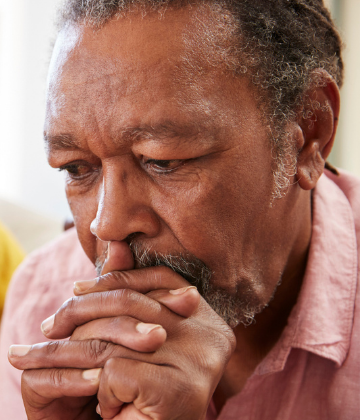What people are saying about their experiences with disability

Headlines
I’m treated like a second class citizen
It’s hard getting the care and support I need
There’s too much firefighting, not enough long term support
I feel undervalued and ignored
I’m treated like a second class citizen
Disabled and neurodiverse people report feeling treated like second class citizens when seeking health and care support.
They are not always being spoken to or treated like human beings by health and care staff. Their loved ones or carers are also being treated poorly.
The failure of health and care staff to consult with or properly listen to Disabled people and their loved ones is repeatedly brought up as an issue.
Our survey reveals that almost every other person with a disability (45%) has been dismissed or not taken seriously by a healthcare worker in the last five years.
For both groups this often led to worsening wellbeing and mental health. For some, coming into contact with the system made their lives worse, not better.
Both groups also report unacceptable levels of accessibility in health and care. There are not always sign language interpreters available and important information is not always in Easyread.
People with autism have found hospitals are not always accommodating enough of sensory issues.
In seeking health and care support, 18% of Disabled people report facing open ableism or discrimination from NHS staff.
It’s hard getting the care and support I need
Disabled people and their loved ones find getting care support a struggle. It is a constant fight to access or defend the care they need.
The pandemic has made this harder still. A Mencap survey of family carers revealed that for a majority of those with learning disabilities, a lack of social care support in the crisis had impacted on their mental health (69%), relationships (73%), physical health (54%) and independence (67%).
Those who need an advocate are often be left unsupported if there’s no one to help challenge the level of support they’re getting.
Staff in health settings are often not as well-informed as they should be about a person’s support needs.
This can lead to horror story scenarios, like Disabled people having “do not resuscitate” orders put on them when they can’t speak for themselves.
Because financial support can be so limited, some Disabled people cannot afford the care support they need to do the basics.
Disabled people share a desire for a level of care support to allow them to live an ordinary life. But care assessments are often focused on the bare minimum needed to get by.
The UK Disability Survey found over half (56%) of unemployed Disabled people that are seeking or interested in employment would like more support finding a job.
Some want more help with things like with having a social life, too. A Dimensions survey of those with learning disabilities or autism found that 93% of respondents feel more isolated than society because of COVID-19.
There’s too much firefighting, not enough long term support
Uncertainty around what support they may have longer term makes the lives of Disabled people and their loved ones extremely difficult. It also worsens their mental health.
They find health and care are constantly firefighting crises and patching up gaps, not offering consistent long-term support.
I feel undervalued and ignored
Carers and loved ones of Disabled people want better recognition, development opportunities and financial support for their work.
They also want health and care staff to listen to them more. Right now, they feel undervalued and ignored.
Many Disabled people also feel that the paid carers or personal assistants they work with are not being paid, or valued properly, for their work.



